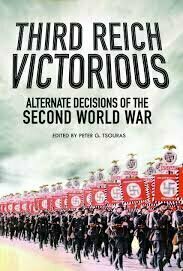Hazel (1853 KP) rated I'll Be Home for Christmas in Books
Dec 7, 2018
Christmas can be a very difficult time for many people, especially if they are homeless. A selection of well known YA authors including Holly Bourne, Melvin Burgess and Marcus Sedgwick, have come together to produce an anthology of short stories that explore the idea of “home” during this festive period. Only a couple of the tales are about people living on the streets, however that does not mean those with a roof over their head necessarily have a home.
Once published, £1 of every copy of<i> I’ll Be Home for Christmas </i>sold will be donated to the British charity Crisis, an organization that offer their services to individual homeless citizens. They work all year round but advertise more heavily at Christmas. It is their hope that this book will increase awareness of homelessness and result in an increase of generosities this winter.
The fourteen short stories in this anthology all provide a different meaning of the word “home.” For some it is about having somewhere to live, for others it is about family, love and safety. The key connection between each author’s interpretations is the main character is unhappy or worried and does not feel a sense of home. A few tales result in a happy ending; unfortunately others are not fully resolved. Apart from a couple that take a sci-fi/fantasy direction, the authors have tried to keep their narratives as true to life in order to emphasise the problems many people in the UK, if not the world, face at Christmas and the year in general.
Being targeted at a young adult audience, most of the characters are in their late teens, dealing with issues that sadly many teenagers and children are faced with today. The same themes crop up in many of the stories, such as homosexuality, divorce, family or lack of, and the feeling of loneliness.
As stories go, the individual tales are nothing special. They are not exciting or gripping, as you would expect a novel to be, however some of the scenarios will stick with you long after turning the final page. Although set at Christmas time, these stories are not overly festive, largely due to the negativity the characters are facing. Even if you do not particularly enjoy the tales, it will not be a waste of time reading them. They will leave you with a greater awareness to the struggles of others during a time when “home” plays a vital part in people’s lives. Crisis hopes that the general public will become more mindful and willing to help out in the near future.
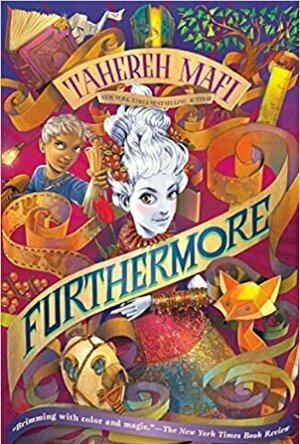
Furthermore (Furthermore, #1)
Book
This captivating and colorful adventure that reads like a modern day fairy tale, from the...
Awix (3310 KP) rated Third Reich Victorious: Alternate Decisions of World War II in Books
Feb 24, 2020
The what-ifs vary: what if Hitler served in the navy in the First World war, what if the Russians pre-empted Barbarossa and attacked Germany first, what if Turkey joined the Axis, what if the Germans got the atom bomb in 1944, what if Rommel defeated the D-day landings, deposed Hitler, and the war devolved into a one-front struggle with the Soviets? Most of these are interesting and seem to have been written with the general reader in mind; a few do suffer from getting bogged down with detail. On the whole it is engaging stuff, if recent military history is your thing, and you do come away with an improved awareness that the Second World War was a closer-run thing than most people realise nowadays.

My Little Pony: Rarity Loves Fashion
Book and Entertainment
App
Fun-filled interactive My Little Pony iReader that kids will love to read and play! Ruckus...
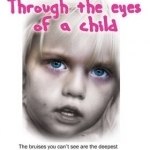
Through the eyes of a child
Book
With one in four adults having been abused or maltreated as a child, Chris Tuck is trying to bring...
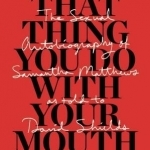
That Thing You Do with Your Mouth: The Sexual Autobiography of Samantha Matthews as Told to David Shields
Book
In That Thing You Do With Your Mouth, actress and voice-over artist Samantha Matthews offers--in the...
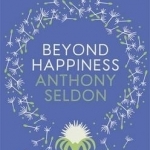
Beyond Happiness: How to Find Lasting Meaning and Joy in All That You Have
Book
As Britain's best-known headmaster, Sir Anthony famously introduced happiness, or well-being,...

Enough is Plenty: The Year on the Dingle Peninsula
Book
Foreword by Alice Taylor.An emigrant to England in the 1970s, Felicity Hayes-McCoy knew she'd return...

Essentials of Advertising
Book
Essentials of Advertising is designed to help students navigate their way through the field of...

AQA A-Level Economics: Book 1
Book
Build economics knowledge through active learning with the latest Powell textbook, featuring...

